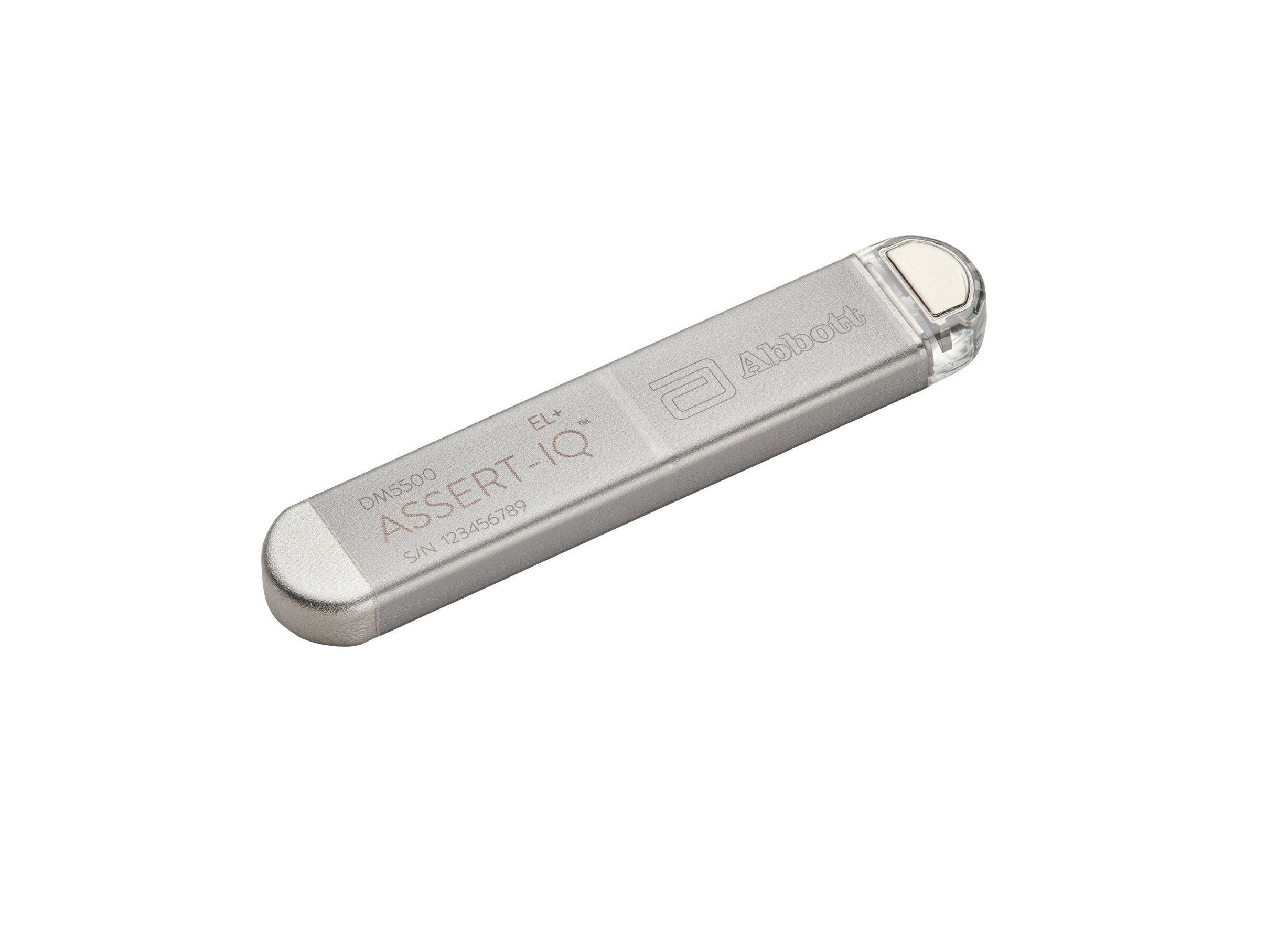
Abbott has received the US Food and Drug Administration (FDA) approval for its Assert-IQ insertable cardiac monitor (ICM) for evaluation and long-term monitoring of irregular heartbeats.
ICMs are small devices with sensors inserted under the skin of the chest to provide continuous, real-time monitoring of a person’s heart.
They detect and identify arrhythmias that can lead to symptoms such as fainting, irregular pulse and shortness of breath.
Unlike commercially available ICMs, which monitor a person’s heart rhythms only for a few years, its Assert-IQ comes with battery life options for three and six years, said Abbott.
The three-year option is ideal for traditional monitoring, such as diagnosing fainting, heart palpitations or detections of abnormal heart rhythms.
The six-year option allows for long-term monitoring for people who are undergoing therapy, recently had a cardiac ablation procedure or are at risk of developing further arrhythmias.
For both battery life options, Assert-IQ features advanced algorithms to detect irregular heartbeats and provides clinically actionable data, said the medical device company.
Abbott cardiac rhythm management business chief medical officer and medical affairs divisional vice president Leonard Ganz said: “As the incidence of abnormal heart rhythms like atrial fibrillation continues to rise, more doctors are turning to ICM technology to monitor their patients remotely to better detect the cause of symptoms that can impact overall health and quality of life.
“Until now, insertable cardiac monitors have allowed for remote monitoring of patients but lacked the longevity needed to monitor them long-term.
“Abbott’s Assert-IQ ICM offers physicians a connected health device that will help them provide the best care for their patients while making more accurate and informed treatment decisions.”
Abbott said that its Assert-IQ ICM is designed to stay connected to external devices, such as the patient’s smartphone, using Bluetooth technology.
The monitoring device measures the patient’s heart rhythms every 20 seconds and transmits the results to the clinic’s portal, in real-time.
A few models of the Assert-IQ family are also designed to be remotely programmed by clinicians to adjust the settings, optimise performance and limit unnecessary alerts or transmissions.
The Assert-IQ ICM offers advanced diagnostic capabilities to provide physicians with more clinically relevant information about the patient’s heart condition, said the medical device maker.






